To specialize or not to specialize

We’ve all heard it before: “A Jack of all trades is a master of none.” However, I think in many ways lines like this undercut the far truer and poignant philosophy surrounding specialization in a particular activity or field.
American writer Robert M. Pirsig wrote, “the range of human knowledge today is so great that we’re all specialists, and the distance between specializations has become so great that anyone who seeks to wander freely between them almost has to forego closeness with the people around him.”
I hope that the readers will indulge in my waxing poetry about a loss of intrigue and wonder present in academics and the world writ large, and in this column, I hope to explore what I see as the two basic archetypes of people and professions.
The archetypes I will employ in this column are twofold. First the specialist, a cut and dry expert in one thing, a bona fide master of their craft. Second, the renaissance person, is a well-rounded individual who knows how to do most things but may be outdone by specialists in any given field.
These archetypes are incredibly pertinent when it comes to Carroll College, because as we shall see, as a “Liberal Arts” institution, Carroll implicitly throws its academic force firmly into the renaissance camp. The mission of Liberal Arts is to create renaissance people who are well-rounded in their knowledge of the sciences and humanities.
In many ways, I feel that the humanities are aptly named for the “humanness” contained within their subjects, and provide a certain fullness to one’s knowledge and life. The intangible emotions contained within art, literature, and philosophy speak to a side of our souls that popular society, and especially the hard sciences have seemingly forgotten.
The world demands specialists. People who master one thing, and do it incredibly well. In a sense, the pursuit of mastery is a solid aim in and of itself. However, I tend to find the soul-crushing image of doing one thing for the rest of your life incredibly dystopian.
I posit that the pursuit of the renaissance school of thought has been repeatedly at odds with popular society. Since the inception of capitalism, an economic framework that demands for people be resources, Western countries have struggled with this issue.
Far be it for me to advocate for wide-scale economic reform, but there is a certain degree of humanity that is stripped away from a person when they are led to translate this expectation of specialization into their day-to-day lives.
However, I will acknowledge that a society of renaissance people simply would not function. Professions such as lawyers and doctors, are and should be filled with specialists who know the intricacies of their profession.
Here is where things become a tad convoluted (or more so than they have been). I believe that the two archetypes I have described are a false dichotomy. It is more than possible to achieve the best of both worlds, and the example of a Liberal Arts education proves my point. A major or two, and possibly a minor, in a sea of classes that do not pertain to that subject matter, encourage students to make unseen connections in a process the academic community calls critical thinking.
Now you’re probably thinking to yourself, “ Why is this article worded so confusingly? Why does this column seem to be a textbook advertisement for a Liberal Arts education? And how do these ideas have any sort of practical application?” To answer each of these questions, ethereal ideas seldom translate well to readable texts, and here lies the crux of the column. If there is anything I would like a reader to take away from this column, it is that the same logic underscoring a Liberal Arts education can be applied to one’s life.
We can and must specialize, but should continually push ourselves out of our comfort zones in order to grow. Specializations quickly become mental prisons if we are not diligent in feeding our human curiosities, and the simple act of trying or doing a new thing every day may just be what many of us need.

